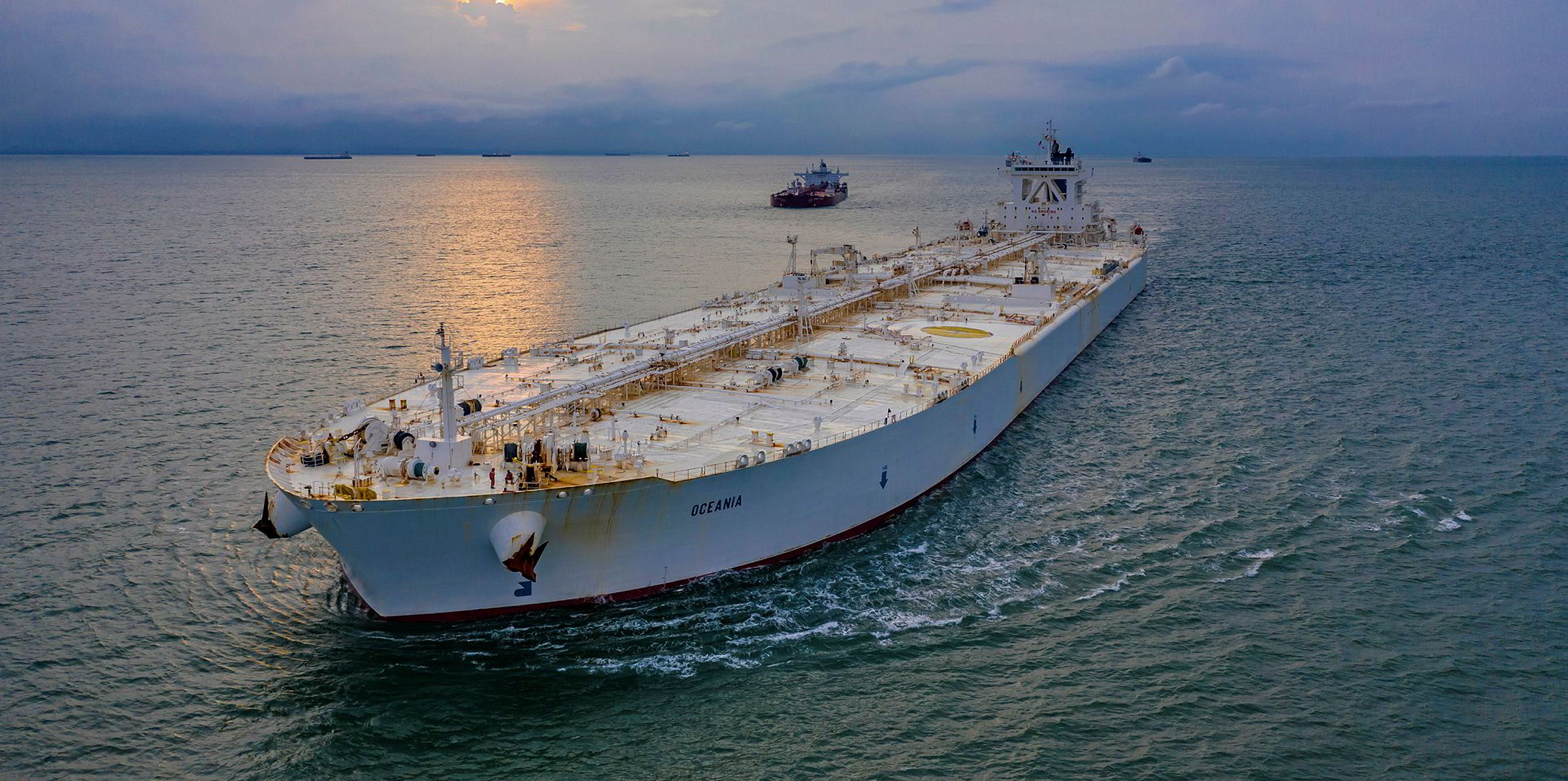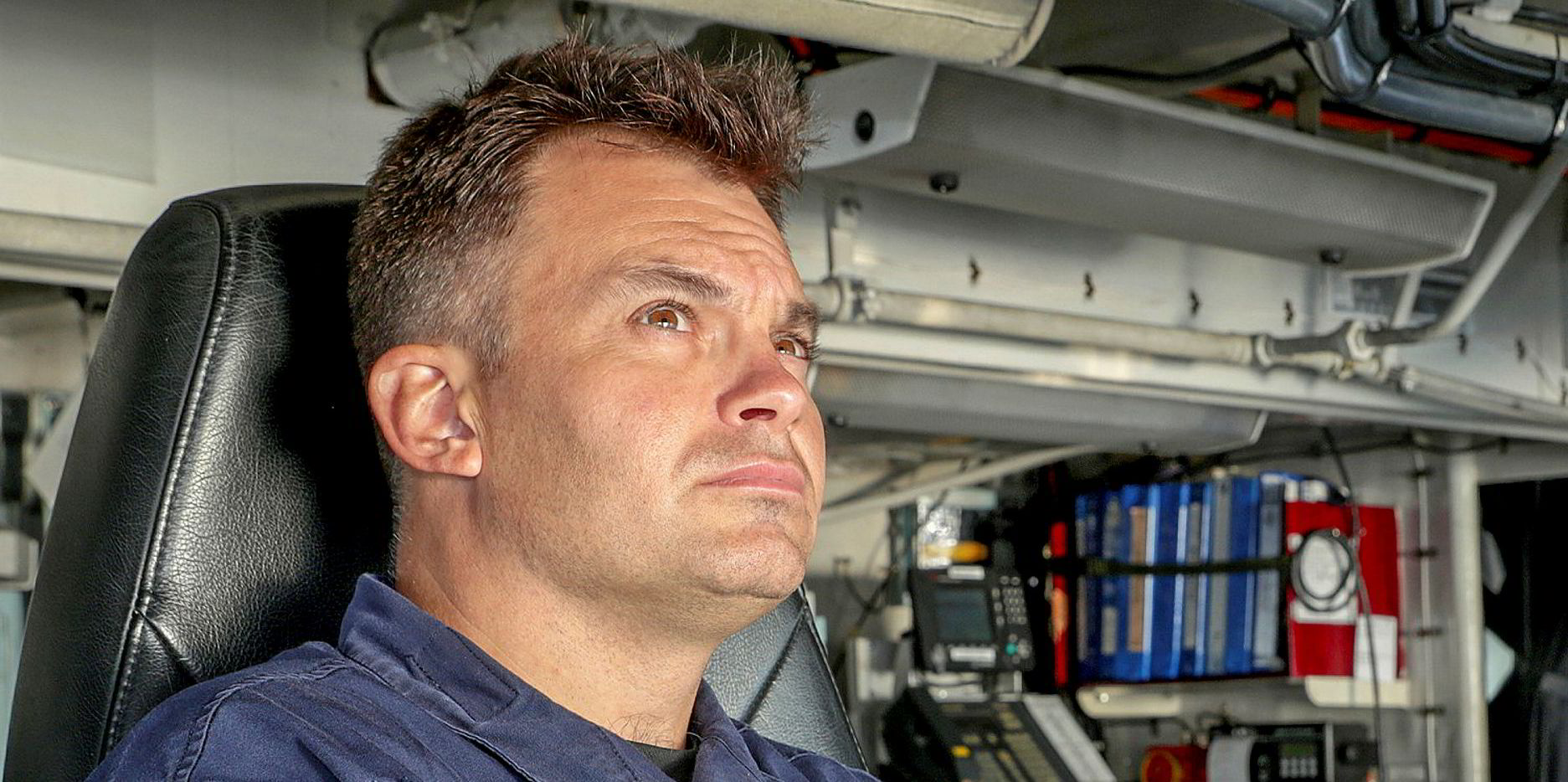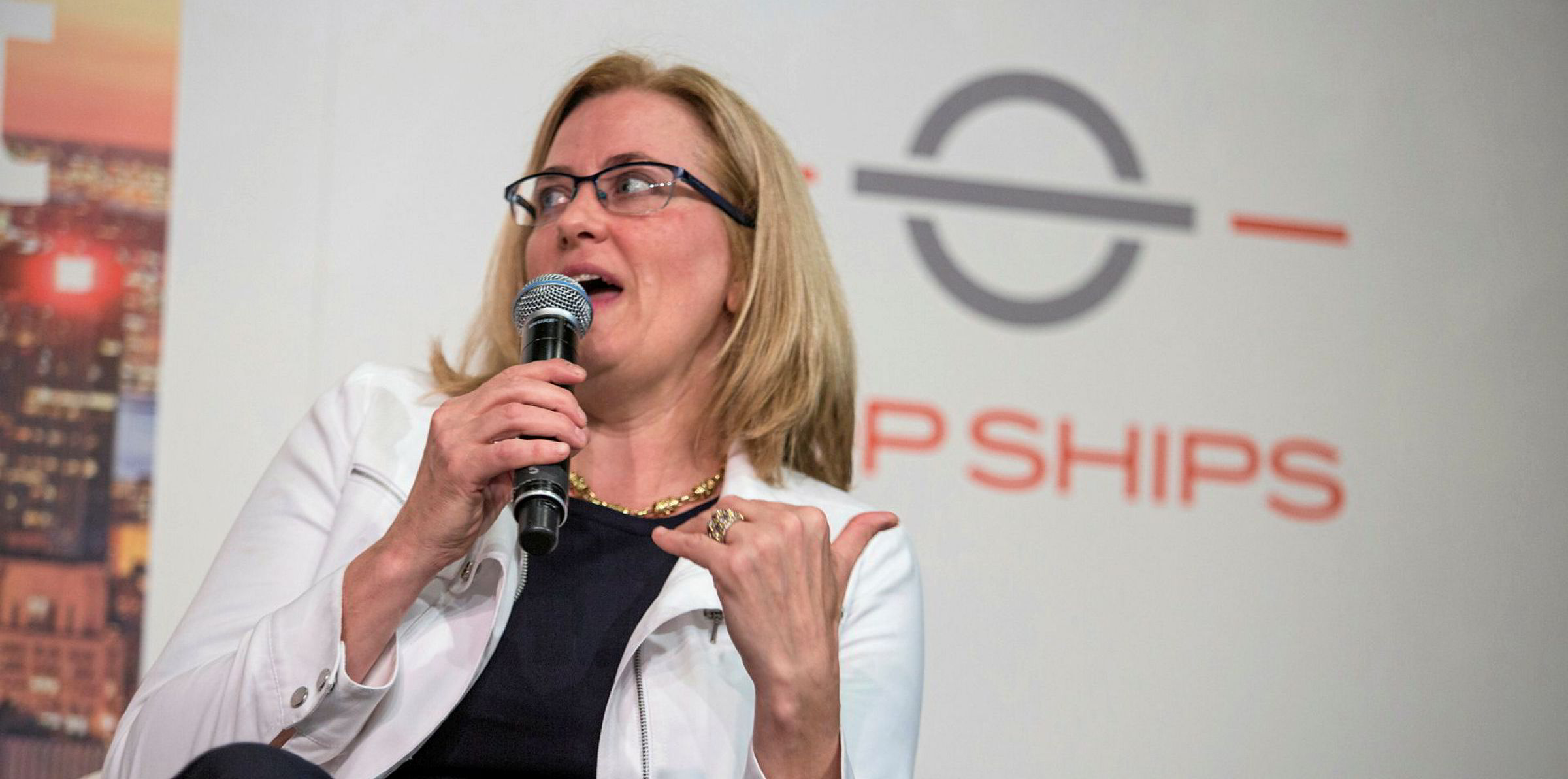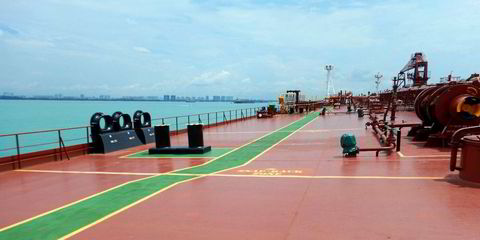The recent run in tanker rates in the face of widespread demand destruction is not just rare, it is generational, according to Frontline chief executive Robert Hvide MacLeod.
"What we're seeing in the oil markets, what we're seeing in the tanker markets is unprecedented," MacLeod said during Capital Link's online tanker-owner panel on Tuesday.
The New York-listed company's head said he believes the world is oversupplied by 20m barrels per day, with more oil coming on the market due to the Saudi Arabia-Russia price war and the 300m barrels-worth of online storage quickly being filled.
"It’s now really kicking off, the storage on ships," MacLeod said. "It's about to change this market and change 2020 completely."
Earlier this month, Opec, led by Saudi Arabia, and its Russia-led allies were unable to come to an agreement on a supply cut. The disagreement saw Saudi Arabia cut its prices and flood the market with oil.
With more cargoes available, tanker rates soared, with the Baltic Dirty Tanker Index (BDTI) rising from 778 points on 9 March to 1,518 on 16 March. After cooling off, rates have since risen again, with the BDTI hitting 1,394.
On Tuesday, data from Tankers International, showed Saudi Arabia's shipping arm, Bahri, chartering two ships at Worldscale 250 — the 296,900-dwt Island Splendor (built 2011) and the 300,600-dwt Sea Jade (built 2020). Both charters were done on subjects.
Fearnleys said in a note that as many as 200 of the world's 813 VLCCs could be fixed for floating storage, further boosting rates it said hit $214,800 per day for a voyage from the Middle East Gulf to South Korea.
Euronav chief executive Hugo De Stoop told the panel that his company was being approached by charterers for six-month to nine-month deals ranging from $70,000 per day to $95,000 per day either entirely or partially for floating storage.
He said the older tankers being used for floating storage would likely be scrapped once they came off charter.
"Not only do we have an extremely limited [orderbook] — and probably even fewer in the future — but on top of that, we have a lot of old ships that will be good candidates to be scrapped if and when our rates start to be weak," he said. "The future is very bright.”
MacLeod and De Stoop's comments echo those made by International Seaways chief executive Lois Zabrocky on Capital Link's online forum on Monday afternoon.
Zabrocky said demand was so high that product tankers would begin being used as storage.
"This is something we have not seen in the 25 years I've been in the business,” she said.







